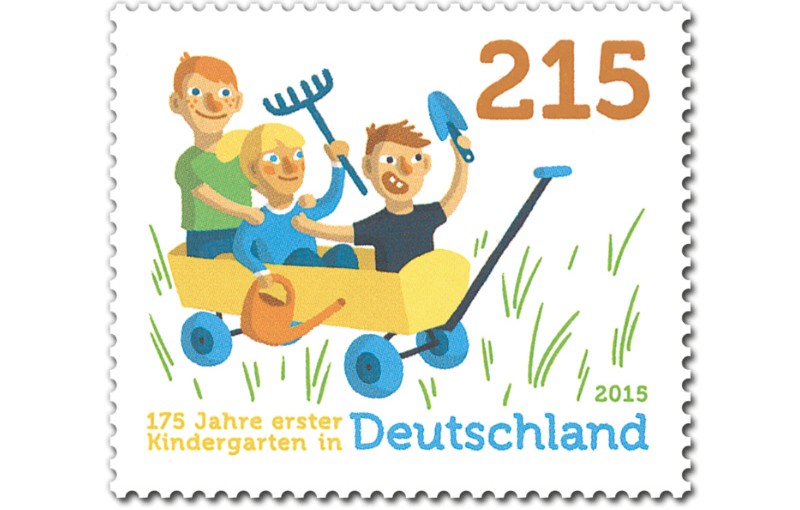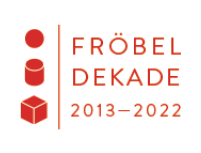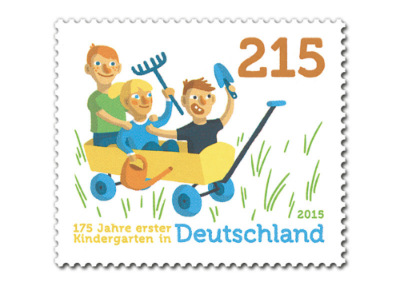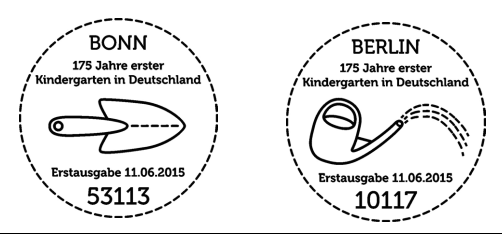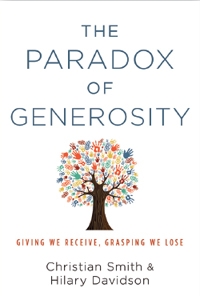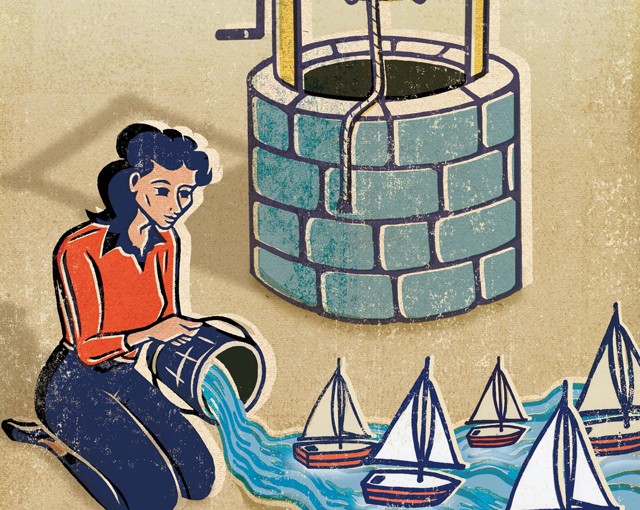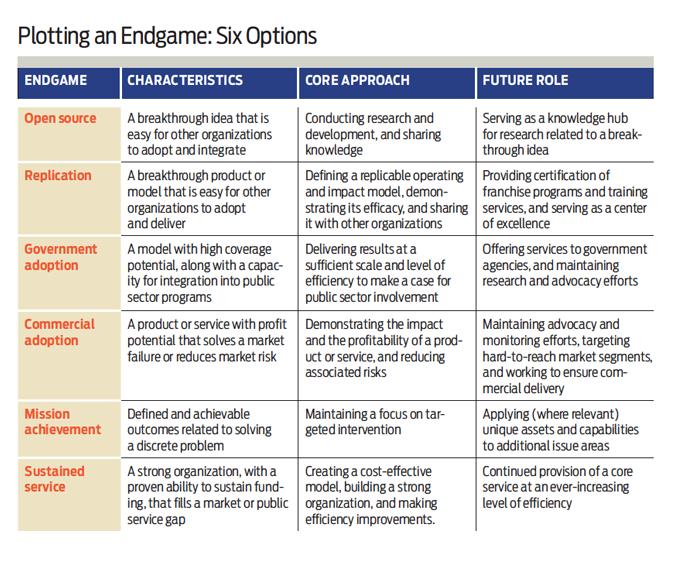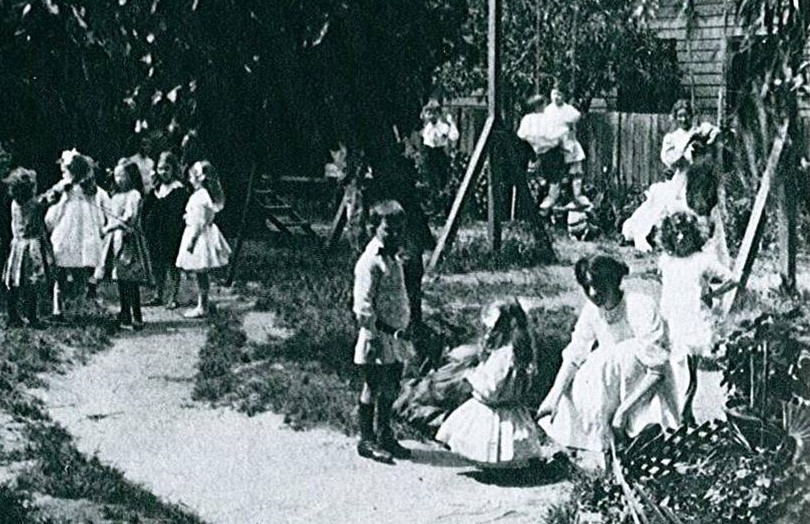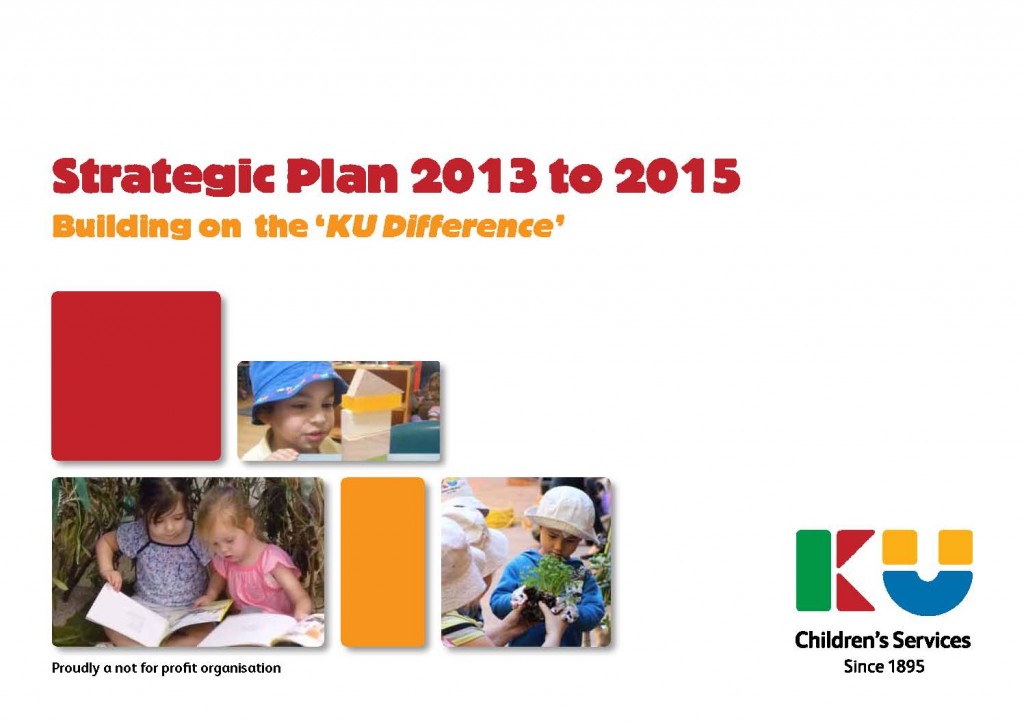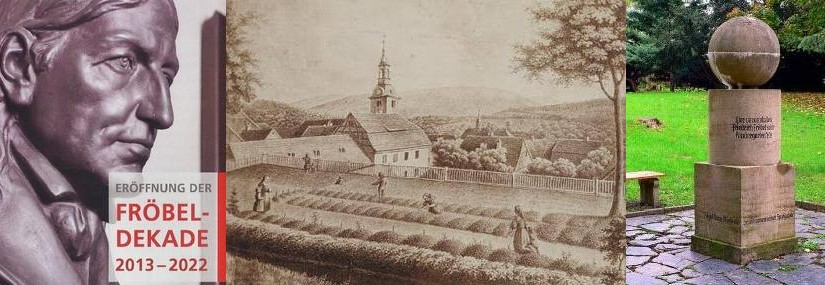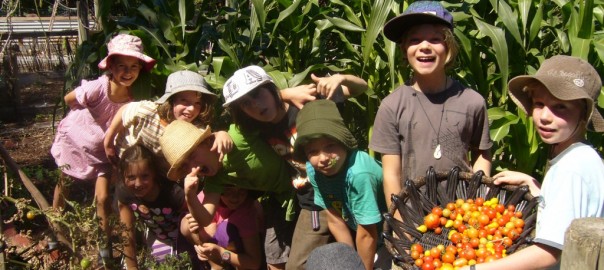The value of play gifts designed by Friedrich Froebel is their simplicity.
The logic of their unit form and interaction enables free and creative activity as the self expression of each child.
Their logical structure provides constantly emerging forms for each child to discover new conditions, relationships and relations.
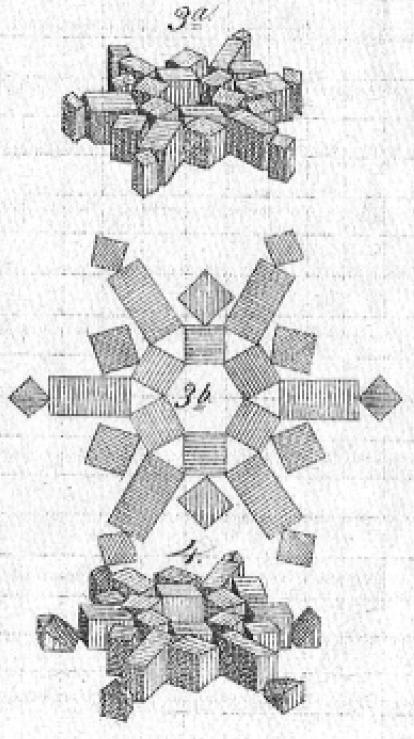
Parents and educators can watch how each child can develop their own creative powers by free activity.
The intellectual roots of the play gifts are in Friedrich Froebel’s life as a student and teacher. His scientific studies and experience at the Mineralogical Museum in Berlin (1812-1816) and the subsequent work in Keilhau / Thür. (1817-1831) provided the basis for shaped his ideas about how each child could be free and develop creative powers through activity.
Source: Spielgaben
